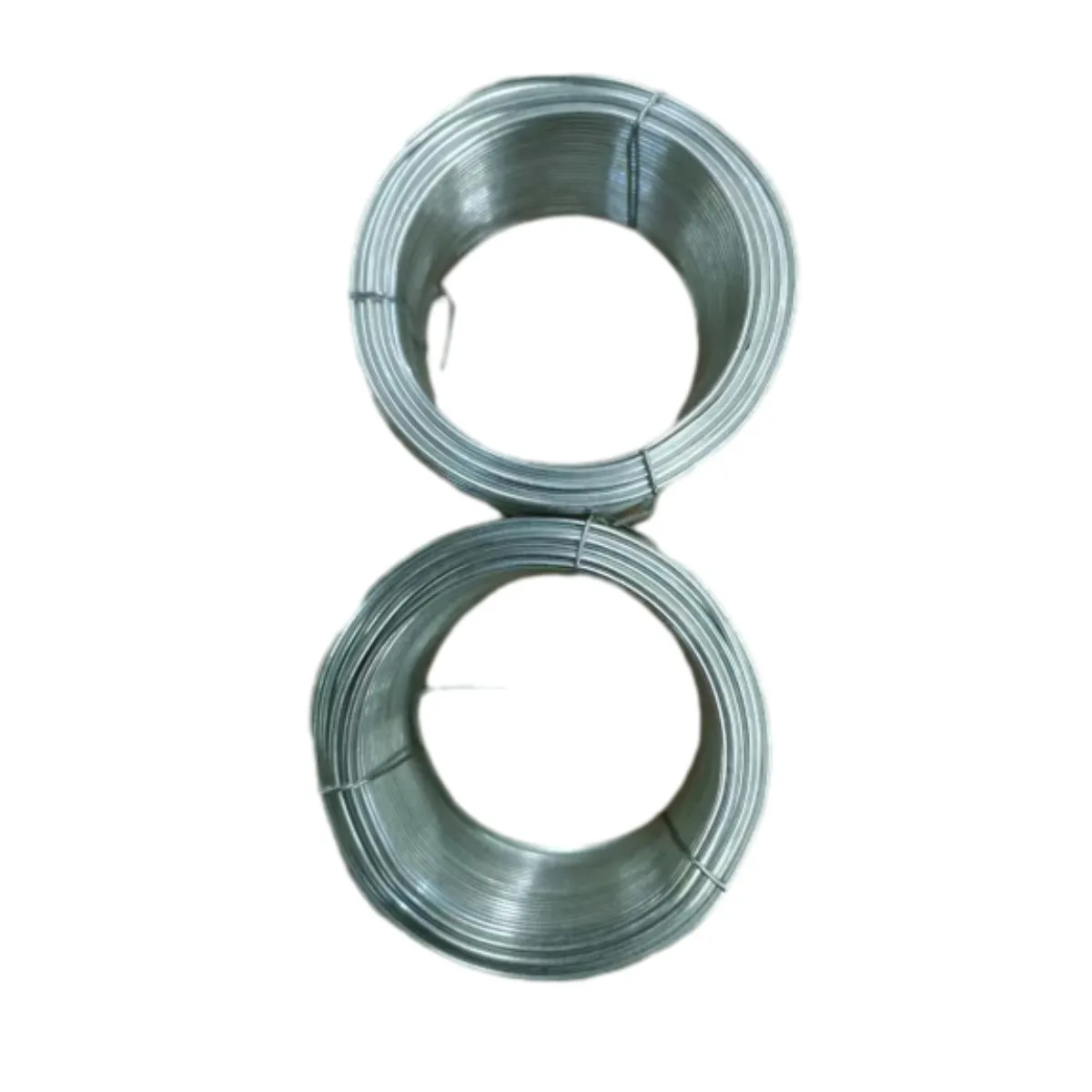Aug . 15, 2024 17:55 Back to list
Exploring the Benefits and Versatile Applications of Gabion Mesh in Modern Construction
The Versatile Applications of Gabion Mesh
Gabion mesh is a crucial component in modern civil engineering and landscaping, offering a blend of functionality, aesthetics, and environmental benefits. Typically made of steel wire or other durable materials, gabion mesh facilitates the construction of gabion baskets, which are wire containers filled with stones or other materials. These structures have gained popularity in various applications due to their versatility and effectiveness.
One of the primary uses of gabion mesh is in erosion control. Riverbanks, hillsides, and shorelines are often susceptible to erosion caused by water flow and weather conditions. Gabion baskets filled with rocks are strategically placed along these vulnerable areas to absorb and dissipate the energy of flowing water. This not only stabilizes the soil but also enhances the longevity of the surrounding vegetation, creating a balanced ecosystem. The porous nature of gabion structures allows vegetation to grow through them, which can further strengthen the soil's integrity.
In addition to erosion control, gabion mesh plays a vital role in slope stabilization
. Whenever a construction project involves a change in elevation, the risk of landslide becomes a pressing concern. By constructing retaining walls with gabion baskets, engineers can create a sturdy support system that holds back soil and debris. The flexibility of gabion mesh allows for a variety of shapes and sizes, enabling customized solutions for specific terrain challenges. This adaptability is particularly valuable in hilly regions where conventional retaining walls may not be feasible.gabion mesh

Gabion mesh also finds its application in architectural design. Designers and architects use gabion walls as an aesthetic feature in parks, commercial sites, and residential areas. These structures not only serve as eye-catching elements but also provide privacy and noise reduction in urban environments. When filled with colorful rocks, glass, or other decorative materials, gabion walls can enhance the visual appeal of a space, blending functionality with artistry.
Environmental sustainability is another significant advantage of gabion mesh. The use of locally sourced stones minimizes transportation emissions and supports local economies. Furthermore, gabions can help to filter water, allowing for more effective rainwater management and promoting groundwater recharge. Their porous design enables water to flow through while capturing sediment and pollutants, contributing to cleaner water systems.
Safety is paramount in construction and infrastructure projects, and gabion mesh structures have proven to be resilient under extreme conditions. They can withstand the forces of flooding, landslides, and seismic activity, making them an ideal choice for areas prone to such natural disasters. Unlike traditional concrete walls, which can crack and fail under pressure, gabions adapt to shifting soils, maintaining their structural integrity over time.
In conclusion, gabion mesh is a multifaceted solution that meets the demands of modern engineering, landscaping, and environmental conservation. Its applications in erosion control, slope stabilization, architectural design, and environmental sustainability make it a preferred choice for various projects. As communities strive to create resilient infrastructure, the importance of gabion mesh will continue to grow, reinforcing its position as a key player in the future of construction and landscape architecture. Whether used for practical or decorative purposes, gabion mesh embodies the principles of innovation, sustainability, and aesthetic appeal, paving the way for a more resilient and beautiful built environment.
-
The Role of Field Wire Fence in Grassland Conservation
NewsJul.15,2025
-
Stainless Steel Razor Wire Durability in Coastal Environments
NewsJul.15,2025
-
Enhancing Home Security with Mesh Fences
NewsJul.15,2025
-
Diamond Mesh Wire for Small Animal Enclosures
NewsJul.15,2025
-
Common Wire Nail Tensile Strength Testing for Woodworking
NewsJul.15,2025
-
Barbed Wire Corrosion Resistance Galvanization Techniques
NewsJul.15,2025









